Professor Winfried Hensinger, Director of the SussexCentre for Quantum Technologies and Head of the Sussex Ion Quantum Technology Group appeared before the House of Commons’ Science and Technology Select Committee on 17 July, to give evidence as part of the Committee’s inquiry exploring the opportunities and challenges for new quantum technologies. A recording of Professor Hensinger’s evidence is available on Parliament’s website and a transcript of the session will be published on the Committee’s web pages in due course, alongside written evidence the University has provided to the Committee as part of its inquiry.
Quantum technologies seek to harness the theories of quantum physics in the development of new cutting-edge applications. This includes the theory that an atom can be in two different places at the same time (known as “quantum superposition”) and the theory that atoms can be linked, so that changing one atom can also change another (known as “quantum entanglement”).
Researchers at the University of Sussex are working on the development of a broad range of quantum technologies, as part of an interdisciplinary approach that brings together expertise from across different academic disciplines. These technologies include ‘ghost imaging’ that will allow people to look around corners, high precision quantum clocks, quantum networks, a range of quantum sensors (including devices that can monitor brain activity) and the construction of a prototype quantum computer.
Referring to the development of quantum computers, Professor Hensinger told MPs they had the potential to solve certain problems which even the fastest super computers would take “billions of years” to calculate and presented “tremendous opportunities” to transform our lives.
Professor Hensinger said; “It’s very unlikely we understand all the opportunities quantum computers pose, similar to when we first built conventional computers.”
While the first conventional computers allowed us to break encryption as early as the 1940s, most of the applications of conventional computers have only been developed in the last 30 years.
Professor Hensinger described to MPs the potential of quantum technology to inspire the next generation of scientists, referring to the positive response young people had given to an innovative walk-in quantum computing installation . The University took the installation to London’s Spitalfields Market last year, to educate the public about the quantum computer being developed by Professor Hensinger and his team.
He also stressed the importance of the National Quantum Technology Programme and its impact in developing ready to market technologies than can capitalise on the UK’s unique expertise. Professor Hensinger summarised some of the achievements of the programme and made suggestions for its continuation.
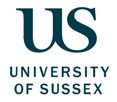
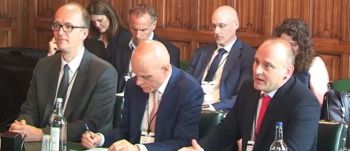
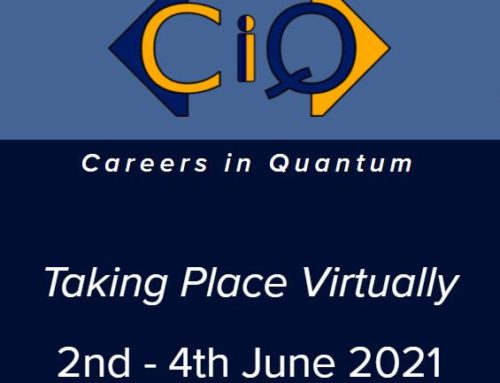
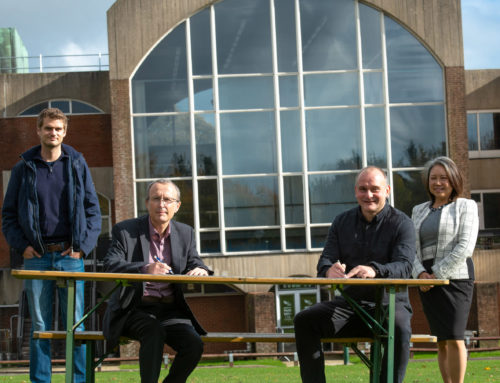
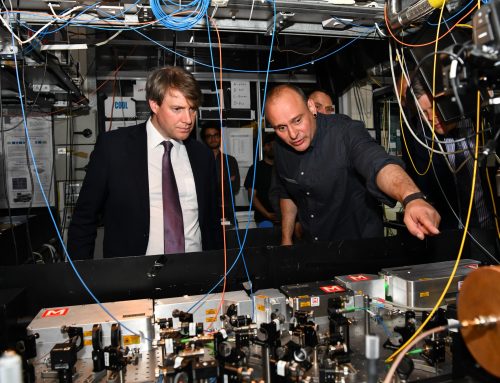
Leave A Comment
You must be logged in to post a comment.